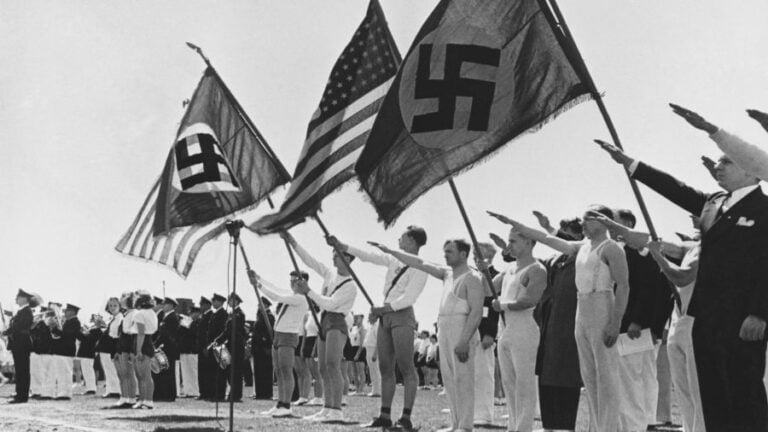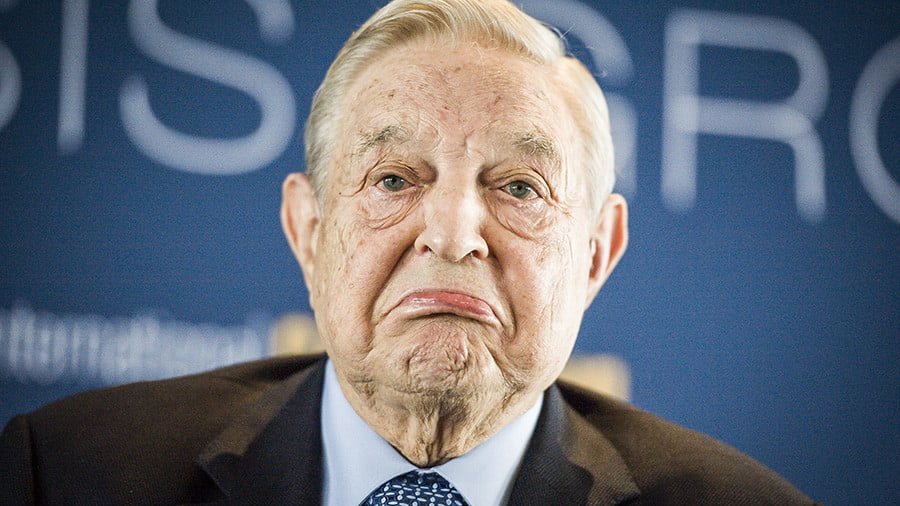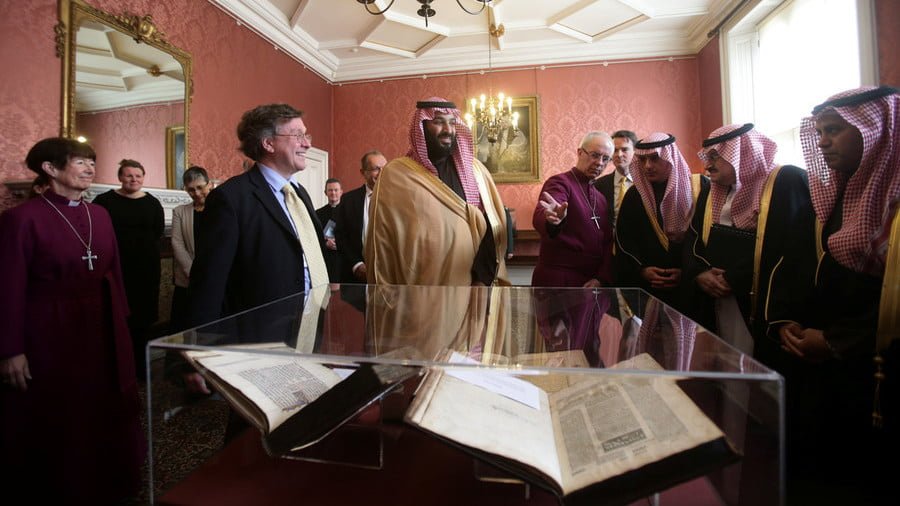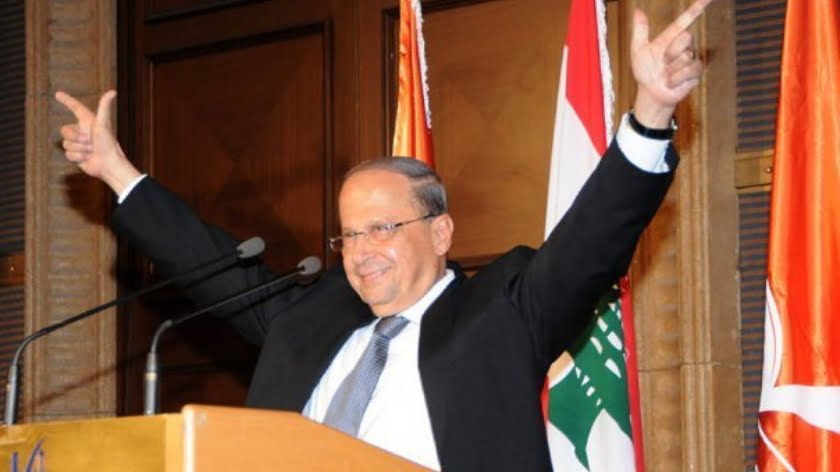The Five Ways in Which 2022 Completely Changed Russian Grand Strategy
This piece will identify the five ways in which the past year completely changed Russian grand strategy, beginning with the special operation and ending with China replacing that country’s prior role as the one that’s now actively exploring the parameters of a New Détente with the West. It’s admittedly far from a comprehensive list but is intended to pinpoint the top variables that resulted in recalibrating this Great Power’s approach to the global systemic transition, after which some additional insight will be shared.
Russian grand strategy had hitherto been characterized by Moscow’s desire to reach a series of mutual compromises with the US-led-West’s Golden Billion (“New Détente”) aimed at pragmatically de-escalating their growing tensions. This was intended to turn that country into the bridge between the supercontinent’s Eastern (China) and Western (EU) halves with a view towards turbocharging its economic development. It was only in late 2021 that Moscow began to reconsider this strategic calculus.
Policymakers gradually began to realize that the West had no sincere desire to encourage Kiev to implement the Minsk Accords, which was envisaged as the first in the series of mutual compromises with that de facto New Cold War bloc. The Kremlin then shared its security guarantee requests regarding NATO expansion and strategic arms in order to finally assess whether any hope remained for ever reaching the New Détente that President Putin invested the last two decades in trying to clinch.
It regrettably dawned on Russian policymakers that their grand strategy up until this point had reached a dead end, if it was ever realistic at all, that is. They were then forced to either retain the present trajectory that would inevitably result in their strategic submission to the US as it continued “salami-slicing” their country’s objective national interests or decisively change the course of events despite the latter scenario running the risk of unprecedentedly destabilizing global affairs.
With his back against the wall but remaining committed to his patriotic vision of ensuring Russia’s sovereignty no matter the cost, President Putin concluded that he had no choice but to commence his country’s special operation in Ukraine. That subsequently set into motion full-spectrum paradigm-changing processes in International Relations that revolutionized the world order, but at the expense of making events more unpredictable than ever, thus bringing everything to its present state of affairs.
This piece will identify the five ways in which the past year completely changed Russian grand strategy, beginning with the special operation and ending with China replacing that country’s prior role as the one that’s now actively exploring the parameters of a New Détente with the West. It’s admittedly far from a comprehensive list but is intended to pinpoint the top variables that resulted in recalibrating this Great Power’s approach to the global systemic transition, after which some additional insight will be shared.
———-
1. The Special Operation Was A Turning Point In Russian-US Relations
President Putin’s fateful decision to order the special operation represented the failure of the grand strategy that he attempted to pursue over the past two decades. Russian-US relations dramatically worsened to the point of unleashing the most dangerous proxy war since World War II. President Putin recently confirmed that he literally had no choice but to kinetically defend his country’s objective national interests, while Medvedev just confirmed that Russian-US relations will never be the same.
2. The West Decoupled From Russia But Failed To Globally Isolate It
The former Russian leader’s conclusion was largely based on the US’ successful efforts over the past year to decouple the West from his country, yet it’s important to point out that he also drew attention to the fact that the Golden Billion failed to isolate Russia on the global level. Only America’s vassals joined the anti-Russian sanctions regime while the Global South resolutely rejected it, which showed how much that declining unipolar hegemon’s influence over the world had faded in recent years.
3. India & Iran Emerged As Russia’s Most Strategically Significant Partners
India decisively intervened as Russia’s alternative valve from Western pressure to preemptively avert the scenario of its strategic partner becoming disproportionately dependent on China, to which end it revived the previously moribund North-South Transport Corridor (NSTC) via Iran. These three then began to jointly build a third pole of influence for breaking through the bi-multipolar impasse of International Relations characterized by the Sino-American superpower duopoly’s outsized influence.
4. The Global Systemic Transition Is Now Irreversibly Moving Towards Tripolarity
The latent tripolarity unleashed by that preceding black swan made the global systemic transition’s final form of complex multipolarity (“multiplexity”) inevitable with time, which then opened up innumerable opportunities for other major countries like Turkiye to further accelerate this process. This development unexpectedly derailed China’s superpower trajectory, however, which in turn compelled its leadership to seriously explore the parameters of their own New Détente with the US.
5. The Resumption Of Chinese-US Talks Could Delay The Global Systemic Transition
The flurry of Sino-American diplomacy since mid-November’s Xi-Biden Summit confirms the observation that these superpowers are discussing a series of mutual compromises aimed at delaying the end of the bi-multipolar system that they each have a self-interested stake in preserving. The final outcome of their talks and its ultimate impact on the global systemic transition therefore represent the two most influential variables that are poised to shape International Relations next year.
———-
Reviewing the grand strategic insight that was shared above, readers can discern the sequence with which everything unfolded over the past year, which carries with it an inherent logic. President Putin’s decision to abandon his failed policy of a New Détente with the West despite trying his utmost to achieve tangible progress on this over the past two decades catalyzed a chain reaction of global systemic consequences that created opportunities and obstacles for all major players.
While it’s true that the US successfully reasserted its previously declining unipolar hegemony over Europe and part of the Asia-Pacific, it nevertheless failed to replicate these gains across the Global South. This was particularly noticeable with respect to the impressively independent policies subsequently pursued by India, Iran, Saudi Arabia, Turkiye, and the UAE, especially after the first two’s grand strategies converged with Russia’s to collectively spearhead a tripolar systemic breakthrough.
China’s superpower trajectory was unexpectedly offset by that game-changing development, which also works against the US’ related interests, hence their interest in jointly exploring a New Détente for the mutually beneficial purpose of delaying the end of bi-multipolarity as long as possible. That doesn’t mean that anything will come out of their ongoing talks, but the very fact that they’re still discussing it speaks to the supreme importance that a successful outcome would have for their strategic interests.
The present state of affairs across the world is therefore a mixed bag of certainty and uncertainty, the first with respect to knowing for a fact that the global systemic transition has finally entered a new phase but the second when it comes not knowing exactly when tripolarity will fully emerge. Moreover, the trend of rising powers more confidently asserting their sovereignty amidst these fast-moving processes carries with it a greater risk of them clashing in those instances where their interests don’t align.
These factors forced Russia to radically change its grand strategy, which is now driven by three imperatives: 1) accelerate tripolarity together India and Iran; 2) unofficially lead the Global Revolutionary Movement against the Golden Billion; and 3) provide “Democratic Security” services to the Global South for defending its partners from Hybrid War threats. That’s a far cry from trying to compromise with the West like before, which shows how much Russia’s global role changed in 2022.







